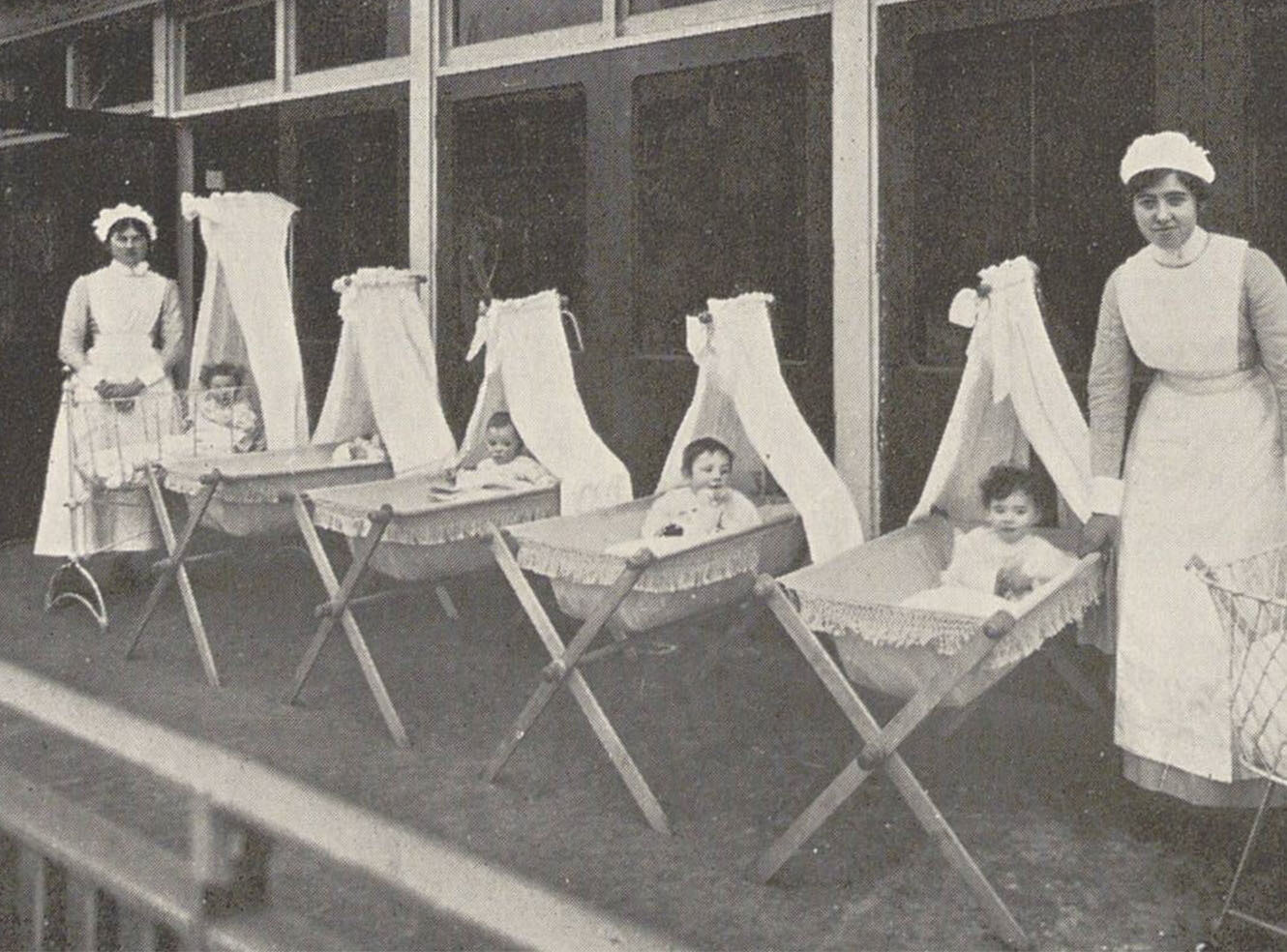Innovative AI technology in Quartex supports widening access to new Peabody Essex Museum exhibition
The Peabody Essex Museum (PEM) has launched its latest exhibition, Let None Be Excluded, as a hybrid gallery and digital experience that explores the struggle for educational rights in Salem, Massachusetts, which led to equal education advocacy and reform across America.
Broadening access to its archival collections and linking digitized materials back to physical exhibitions was a key driver behind PEM’s choice of the Quartex platform, as was the ability to make manuscript materials more accessible to a wider audience through automated transcription and full-text search provided by Quartex’s innovative Handwritten Text Recognition (HTR) technology.
Running concurrently with the physical exhibition, the digital exhibition enables visitors to delve further into the topic and features printed and handwritten documents reflecting the impassioned activism of young Black leaders, including Sarah Parker Remond and Robert Morris.
One of the strategic aims of the Phillips Library and Peabody Essex Museum is to share its collections as broadly as possible with its global audience, so it’s really crucial for us to create additional experiences that are accessible from anywhere in the world. Quartex helps us do that through the digital collection experience, with a set of accessibility features that is really impressive. We’re excited about the potential of the platform to provide this additional aspect to our exhibitions.
Further materials relating to the Remond family, including letters and papers of businessmen and anti-slavery campaigners John Remond and his son Charles Lenox Remond, are being added to the Phillips Library Digital Collections portal, along with documents from the Salem Witchcraft Trials and collections such as the Winthrop Family Papers, Salem broadsides, images from the Great Salem Fire of 1914.
Let None Be Excluded tells an important story of the fight against racial injustice by the young people most impacted. The digital exhibition makes great use of Quartex’s HTR functionality to unlock manuscript materials as well as its ability to link related collections. Being involved in the collection’s development has been both fascinating and rewarding and we look forward to working with the Phillips Library team to help them build further collections in the future.
Recent posts

AM’s new resource, A Global History of Epidemics, 1800-1970, offers interdisciplinary researchers unique primary sources, interactive tools from maps to timelines, and expert essays, to explore disease history, colonialism, and public health advancements within the British Empire and beyond.

